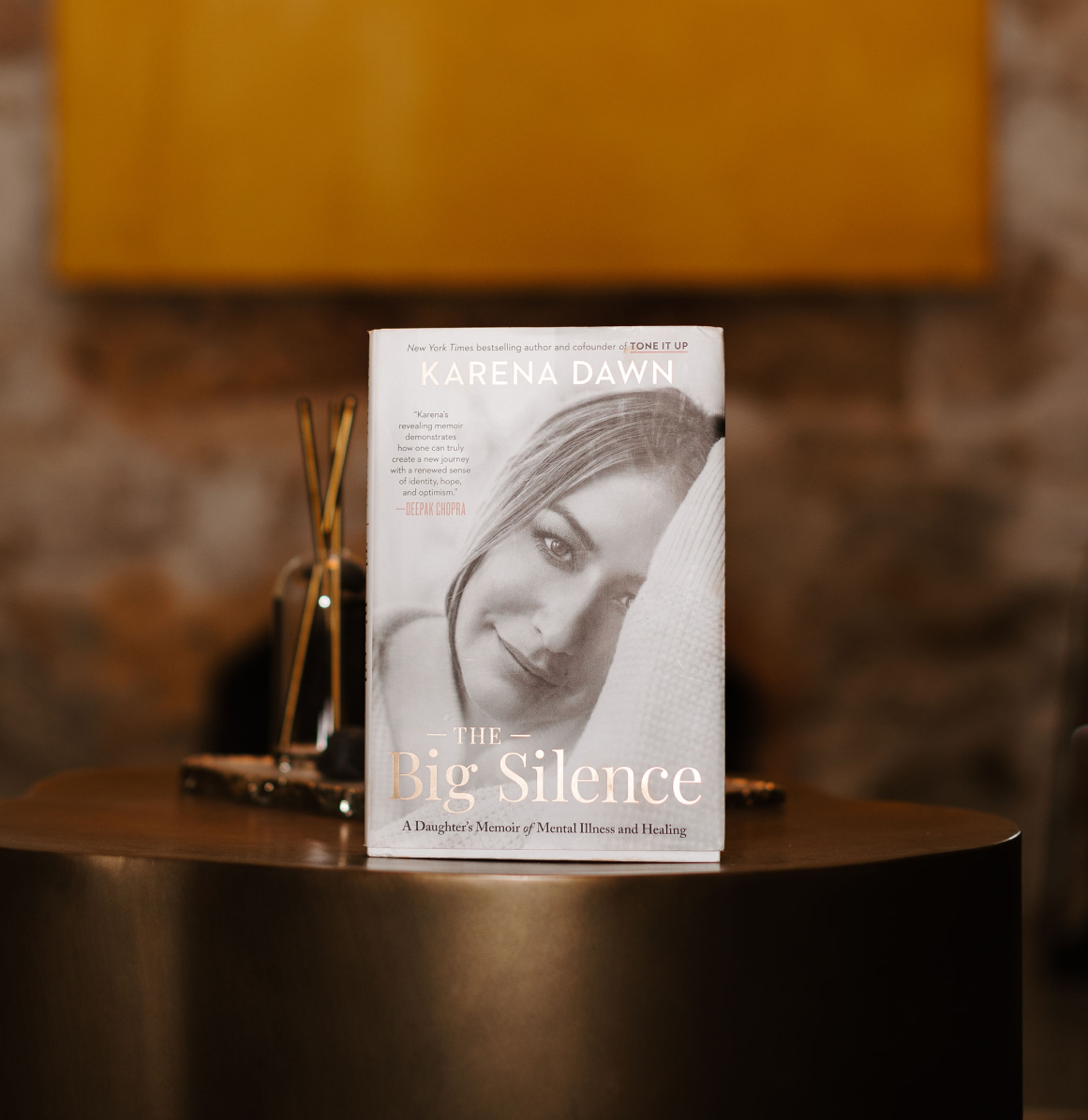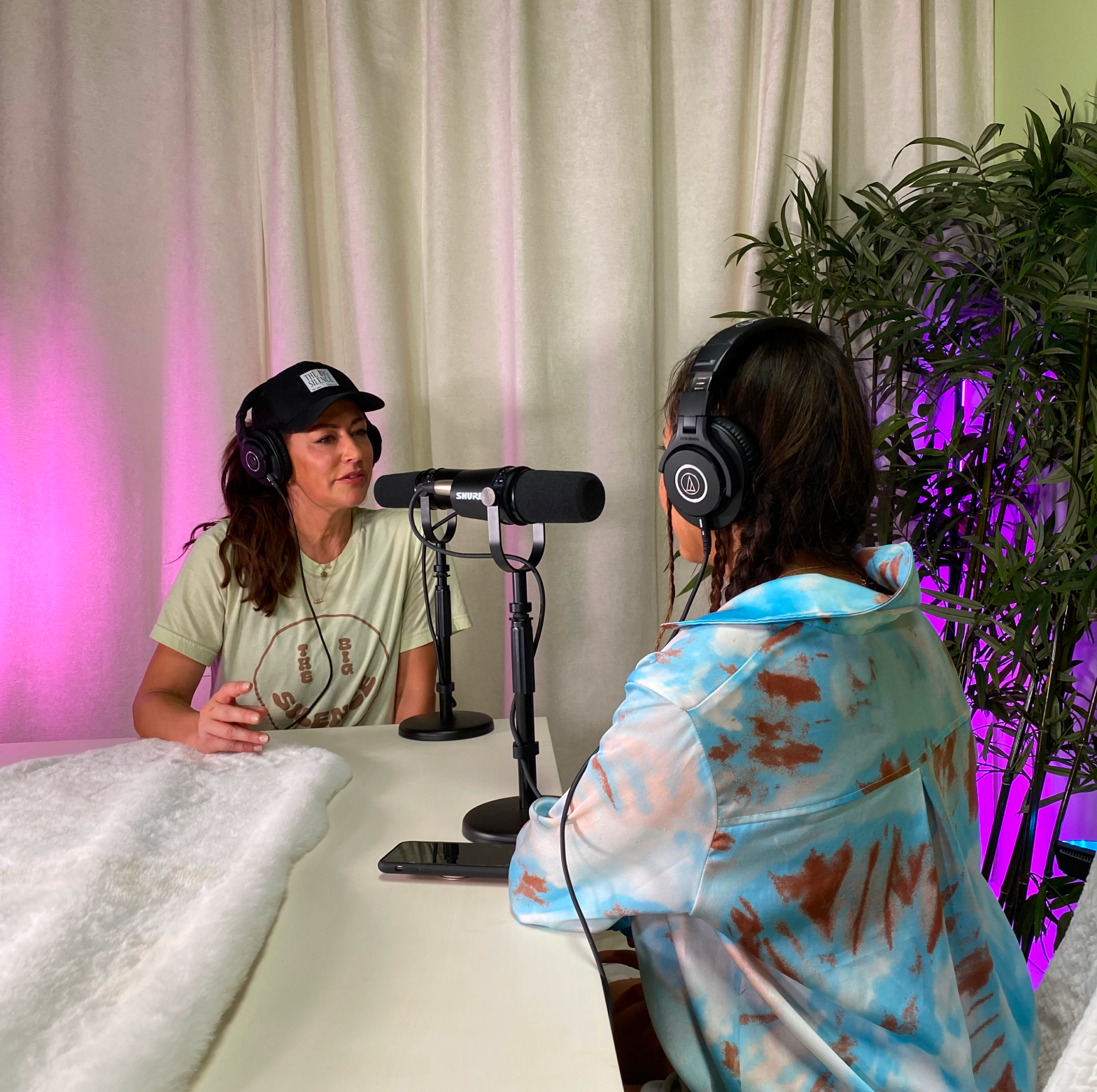
How Can I Overcome Isolation and Improve My Mental Health?
Today, James and I are talking all about getting more social in healthy ways to help overcome isolation. Isolation is a major health risk! We share our insights and personal experiences in hopes of inspiring you to get out and get social. It really is life-changing to meet new people and get together for activities that you love. Avoiding self-isolation and embracing social connections can significantly boost your mental well-being.
It can feel difficult to put yourself out there, but joining clubs, pursuing hobbies, and actively engaging with others can absolutely change your life. It’s my hope that you will learn practical strategies for overcoming social barriers, setting healthy boundaries, and finding communities that align with your interests.
The Social Cure: Overcoming Isolation for Better Mental Health
Key Takeaways:
- Understand the detrimental effects of isolation on mental health.
- Recognize the importance of fostering social connections for overall well-being.
- Explore various ways to engage in community activities, such as joining clubs, taking classes, or volunteering.
- Learn how to set boundaries and choose social interactions that recharge your energy.
- Discover the unique benefits of yoga and sports leagues for introverts.
Who Should Watch:
- Individuals struggling with social anxiety or isolation
- Introverts seeking ways to connect with others
- People looking to improve their mental health and well-being
- Anyone interested in building stronger social networks
What Are the Health Risks Attributed to Isolation?
"If you're finding yourself isolated today, if that is your new normal, let's make a commitment to find some ways to change that. More community equals better health. More isolation equals worse health. It's really just that simple." - Dr. James C. Jackson.
Signs You Have Been Self-Isolating
- Decreased Social Interactions: If you find yourself avoiding social gatherings or not engaging with friends and family as much as you used to, this could be a sign of self-isolation.
- Increased Time Alone: Spending an excessive amount of time alone, especially when you used to enjoy being around others, is a clear indicator.
- Loss of Interest in Activities: If you have lost interest in activities that you once enjoyed, particularly those involving others, it may be due to self-isolation.
- Neglecting Responsibilities: Failing to keep up with personal or professional responsibilities because you prefer to stay isolated can be a red flag.
- Changes in Mood: Experiencing increased feelings of sadness, anxiety, or irritability can be a result of prolonged isolation.
- Avoiding Communication: Not responding to messages, calls, or emails from friends, family, or colleagues is a common sign.
- Physical Symptoms: Experiencing unexplained fatigue, headaches, or other physical symptoms without a clear cause can sometimes be linked to isolation.
What Can I do to Increase My Healthy Connections?
Cultivating and maintaining healthy social connections is essential for a happy and fulfilling life. Positive social interactions contribute to a sense of belonging and purpose, boosting overall happiness. And, a supportive social network provides emotional support and practical advice during tough times.
By taking steps to seek out and nurture these connections, we can improve our mental and physical health, enhance our life satisfaction, and build a supportive network to help us navigate life’s challenges. Remember, it's never too late to reach out and connect with others. Below are suggestions that might help you make some new healthy connections!
- Join Clubs or Groups: Whether it’s a book club, sports team, or hobby group, joining a club with like-minded individuals can foster new friendships.
- Volunteer: Volunteering for a cause you care about can help you meet people who share your values and interests. It also provides a sense of purpose.
- Attend Community Events: Participate in local events, such as festivals, markets, or workshops. These gatherings are great opportunities to meet new people in a relaxed setting.
- Take a Class: Enroll in a class to learn something new. This could be anything from cooking to painting to a fitness class. It’s a great way to meet people with similar interests.
- Use Social Media Wisely: While social media can sometimes contribute to feelings of isolation, it can also be a tool for connection. Join online groups and forums that align with your interests, but make sure to balance online interactions with face-to-face meetings.
- Reconnect with Old Friends: Sometimes, rekindling old friendships can be as fulfilling as making new ones. Reach out to old friends or acquaintances you’ve lost touch with.
- Be Open and Approachable: Making an effort to be open and approachable can encourage others to reach out to you. Smile, make eye contact, and engage in small talk when you’re out and about.
If you are feeling sad or worried, or too exhausted to consider taking any of these steps, it might be time to reach out to a trusted friend or family member, a physician or a therapist, and check in on how you are doing. A doctor or therapist can help to determine if you might be experiencing depression or another issue that can be a result of loneliness. I f you find that you are feeling so lonely and so isolated that you start feeling hopeless or suicidal, reach out for help immediately, don't wait. It is a strength to ask for help when you need it.
It's OK to not be OK. "Just check in on people. Just listen to learn." - Kati Morton: How to Start Prioritizing Your Mental Health
BIG FEELS FEEDBACK
How are you really feeling? We'd love to hear about your week, or share your favorite tools for the week in the comments!
|
The Big Silence Foundation, Inc is a U.S. tax-exempt 501(c)(3) organization dedicated to changing the culture of mental health. Consistent with IRS guidelines, all gifts are tax-deductible to the extent allowable by law. Donate to bring change with us!
|
Start a conversation in your The Big Silence apparel.
The information provided is for educational purposes only, and does not substitute for professional medical advice. Users are advised to consult a medical professional or healthcare provider if they're seeking medical advice, diagnoses, or treatment.
**Please note that if your thoughts start becoming hopeless or suicidal, contact emergency at 988 or 911 andcrisis services immediately. You can find more resourceshere. Text HELLO to 741741 to be connected with a trained crisis counselor.










